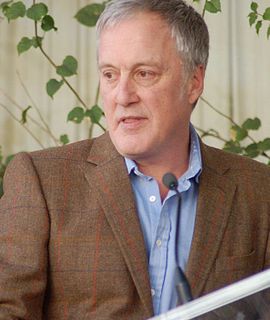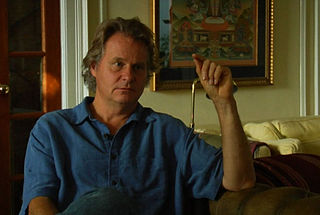A Quote by Martine Syms
A lot of my work, the subject is film and television itself, and history, and how that kind of coincides with larger cultural history and memory.
Related Quotes
You could make a good case that the history of social life is about the history of the technology of memory. That social order and control, structure of governance, social cohesion in states or organizations larger than face-to-face society depends on the nature of the technology of memory - both how it works and what it remembers. In short, what societies value is what they memorize, and how they memorize it, and who has access to its memorized form determines the structure of power that the society represents and acts from.
What is memory but the repository of things doomed to be forgotten, so you must have History. You must have labor to invent History. Being faithful to all that happens to you of significance, recording days, dates, events, names, sights not relying merely upon memory which fades like a Polaroid print where you see the memory fading before your eyes like time itself retreating.
Historians of a generation ago were often shocked by the violence with which scientists rejected the history of their own subject as irrelevant; they could not understand how the members of any academic profession could fail to be intrigued by the study of their own cultural heritage. What these historians did not grasp was that scientists will welcome the history of science only when it has been demonstrated that this discipline can add to our understanding of science itself and thus help to produce, in some sense, better scientists.
I have a fairly unwieldy set of concerns that go into determining what I do in the paintings, such as the history of the decorative, patterns of cultural migration, Islamic art and design, Byzantine architecture, the annals of natural history, as well as contemporary painting. All of these things are filtered through my own sense of cultural urgency. How I proceed with the work has to do with how I respond to this instinctively chosen mass of materials. I'm weighing many things and making many decisions before I even get started on a painting.
I feel history is more of a story than a lesson. I know this idea of presentism: this idea of constantly evoking the past to justify the present moment. A lot of people will tell you, "history is how we got here." And learning from the lessons of history. But that's imperfect. If you learn from history you can do things for all the wrong reasons.
You are doing something over here and over there someone is telling you a joke, or giving you an important piece of information about sanitation, and no matter how weird the other subject is, there is a connection, or you can make a connection. I’ve always loved history and history is collage, it is a juxtaposition of the good and the bad and the strange, and how you place those sentences together changes the whole mood of a history.
I've heard - when I first started, people were saying, "You know if it ends up being Trump against [Hillary] Clinton, it's going to be the highest-rated debate in the history of television - or, show in the history of television. And they also said something else. It'll probably be the greatest voter turnout in the history of this country. That could very well be.
We accept it as normal that people who have never been on the land, who have no history or connection to the country, may legally secure the right to come in and, by the very nature of their enterprises, leave in their wake a cultural and physical landscape utterly transformed and desecrated. What's more, in granting such mining concessions, often initially for trivial sums to speculators from distant cities, companies cobbled together with less history than my dog, the government places no cultural or market value on the land itself.
The fact that you couldn't see Alfred Hitchcock's first film The Mountain Eagle, or that you couldn't see so many of F.W. Murnau's masterpieces, or that you couldn't see so many of Oscar Micheaux's really intriguing race melodramas, made with fierce independent spirit against all odds in '20s and '30s America. That stuff haunted me. They really did bring to life a sense of 20th Century history: cultural history, pop history, gender politics and race politics, socio economic history, all that stuff. It was bracing and instructive.








































